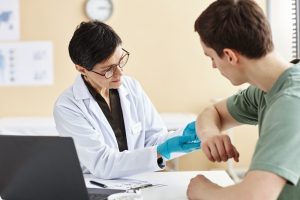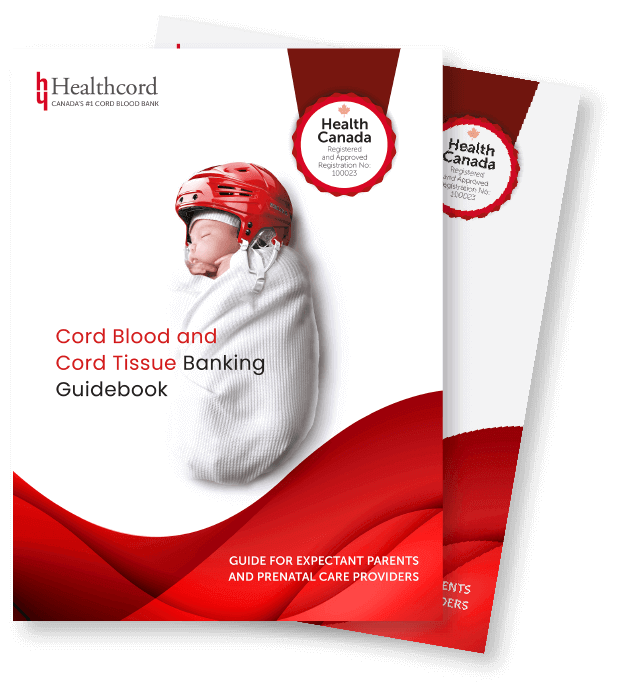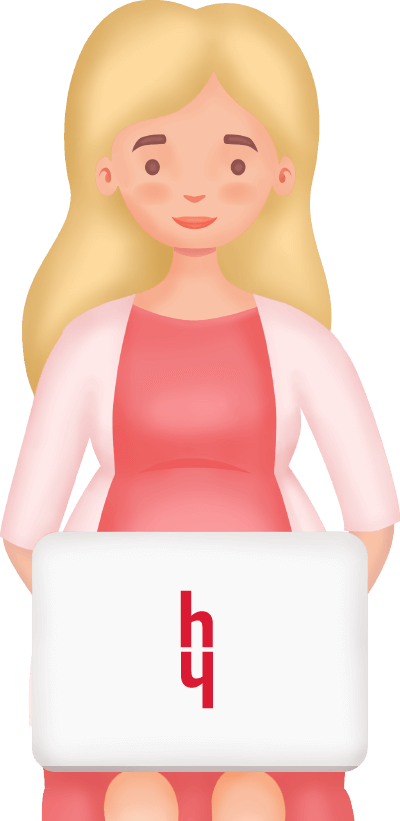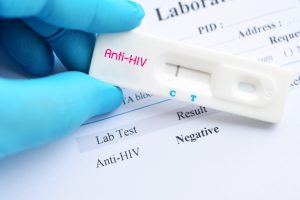
Sibling cord blood tested for treating cerebral palsy in young children
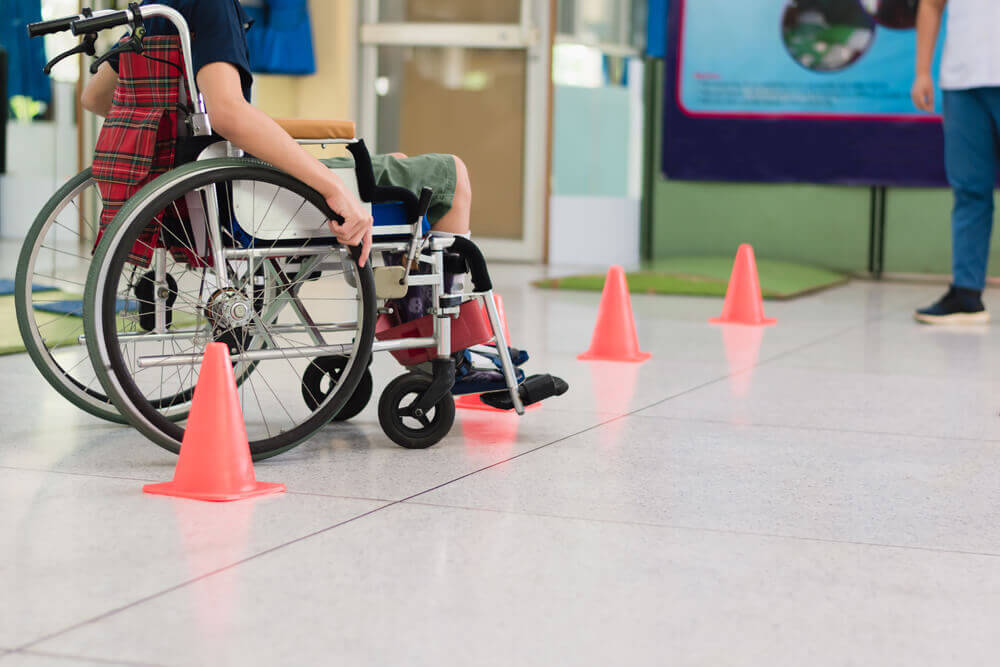
Small clinical trial looks at the safety of using sibling umbilical cord stem cells to treat children with cerebral palsy
Cerebral palsy is a movement disorder that affects 2 to 3 children per every 1000 live births. Children with the cerebral palsy experience varying degrees of motor difficulties ranging from poor coordination, stiff muscles, difficulty speaking or swallowing to having seizures.
It is known that cerebral palsy results from the abnormal development of areas of the brain that controls movement, balance, and posture or damage to these areas during pregnancy. However, the exact cause of this debilitating disease is still unknown.
Earlier successes with stem cells
As of today, there is no cure for cerebral palsy. Scientists are exploring potential treatment options and umbilical cord stem cells have been one of these options. Cord blood offers a rich source of stem cells, which have unlimited potential and can be easily collected using non-invasive methods.
Clinical trials have already looked at the effectiveness of using autologous cord blood infusions to treat cerebral palsy, meaning that the children were infused with their own umbilical cord blood that was saved at birth. Results from these trials suggested that when given the proper dose of cells, autologous umbilical stem cells infusions can improve whole brain connectivity and motor function in children with cerebral palsy.
Expanding the treatment option to more children
However, not all children with cerebral palsy will have a saved sample of their own cord blood. So, in order to treat all children with the disease, scientists need to know whether they can use allogeneic stem cells or stem cells from another person. Would these stem cells be as effective as one’s own stem cells?
Here we highlight a recent clinical trial that marks the beginning of answering this question. In this phase I trial, researchers explored the safety of infusing umbilical cord blood from siblings into patients.
Fifteen children with moderate to severe cerebral palsy received infusions from a sibling and were followed up for 2 years post-treatment. Researchers did not observe any negative effects linked to the cord blood infusions, suggesting that sibling samples or matching stem cell samples can indeed be utilized.
A call for expanded clinical trials
Aside from showing that donor stem cells can be used, the researchers also noted some improvement in motor function in treated children. However, they could not attribute these improvements to the stem cells treatment because the trial was only looking to establish the safety of using umbilical stem cells from siblings.
The good news is, now that they know matched donor cells are safe, researchers can now go on to performing additional clinical trials to look at the effectiveness of using donor stem cells to treat cerebral palsy.
References:
Sun JM, Song AW, Case LE, Mikati MA, Gustafson KE, Simmons R, Goldstein R, Petry J, McLaughlin C, Waters-Pick B, Chen LW, Wease S, Blackwell B, Worley G, Troy J, Kurtzberg J. Effect of Autologous Cord Blood Infusion on Motor Function and Brain Connectivity in Young Children with Cerebral Palsy: A Randomized, Placebo-Controlled Trial. Stem Cells Transl Med. 2017 Dec;6(12):2071-2078. doi: 10.1002/sctm.17-0102. Epub 2017 Oct 28. PMID: 29080265; PMCID: PMC5702515.
Sun JM, Case LE, Mikati MA, M Jasien J, McLaughlin C, Waters-Pick B, Worley G, Troy J, Kurtzberg J. Sibling umbilical cord blood infusion is safe in young children with cerebral palsy. Stem Cells Transl Med. 2021 Sep;10(9):1258-1265. doi: 10.1002/sctm.20-0470. Epub 2021 Jun 4. PMID: 34085782; PMCID: PMC8380440.
Related Posts
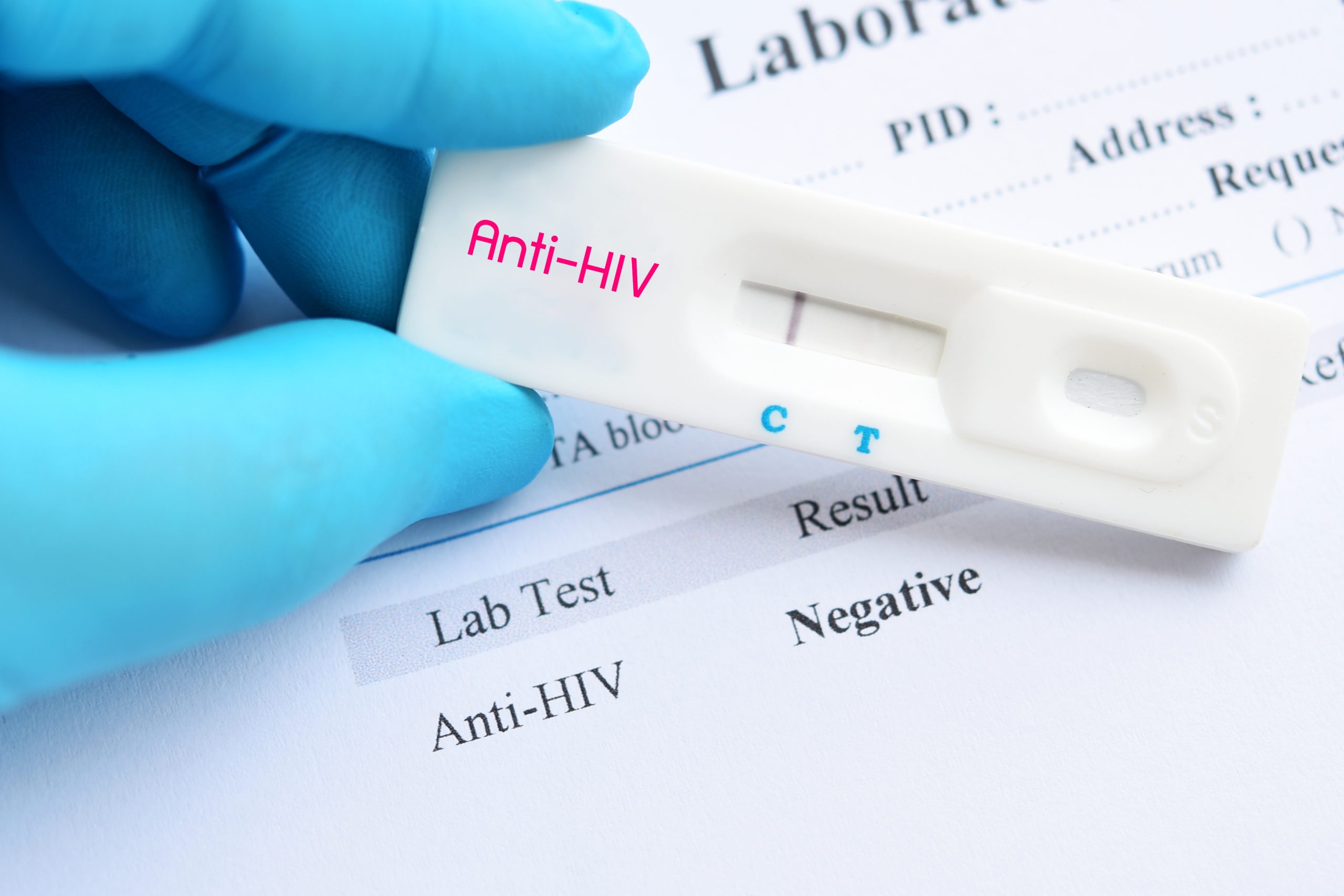
Novel Cord Blood Stem Cell Treatment Leads to HIV Remission

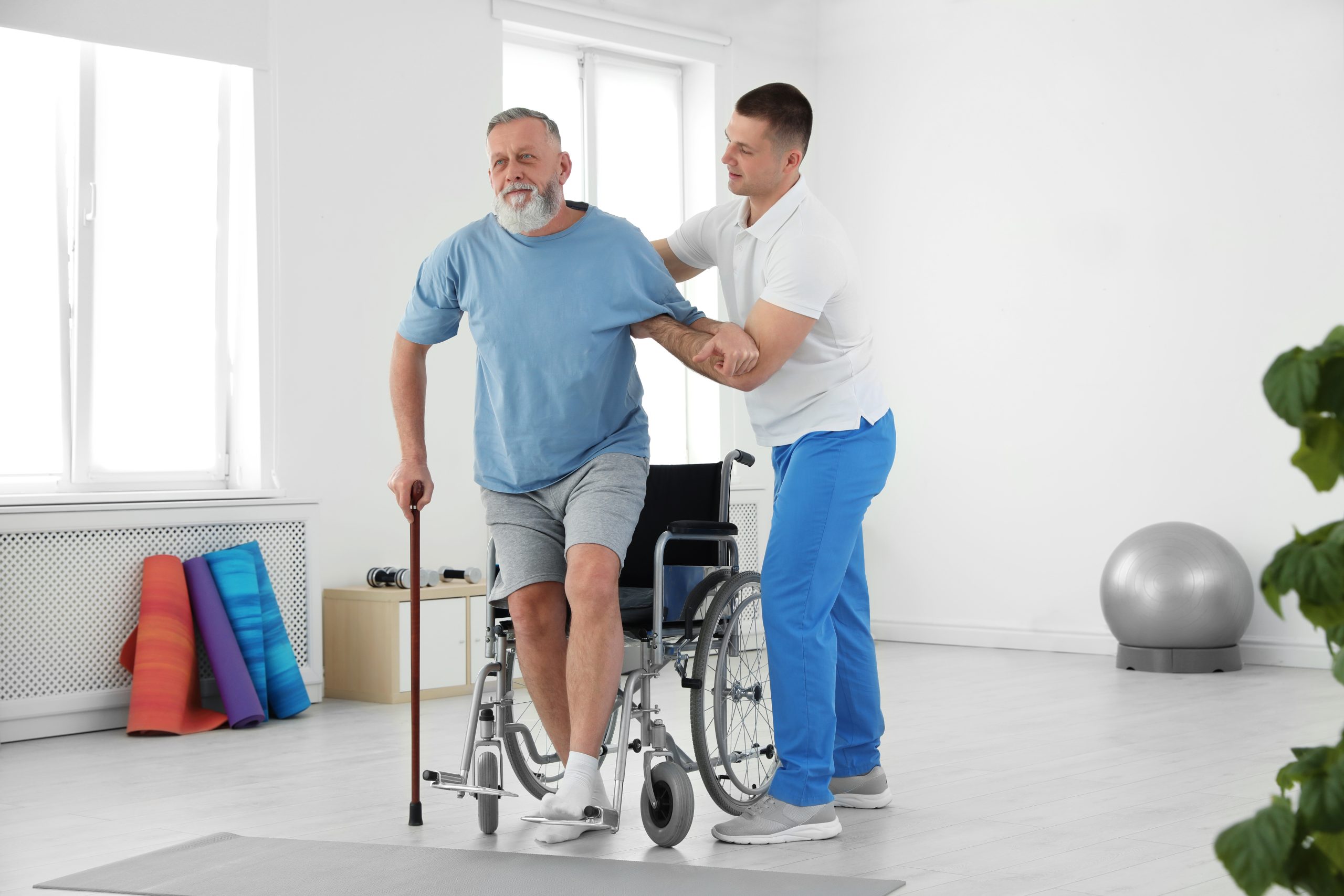
Stem Cell Transplantation Shows Potential in Stroke Recovery





